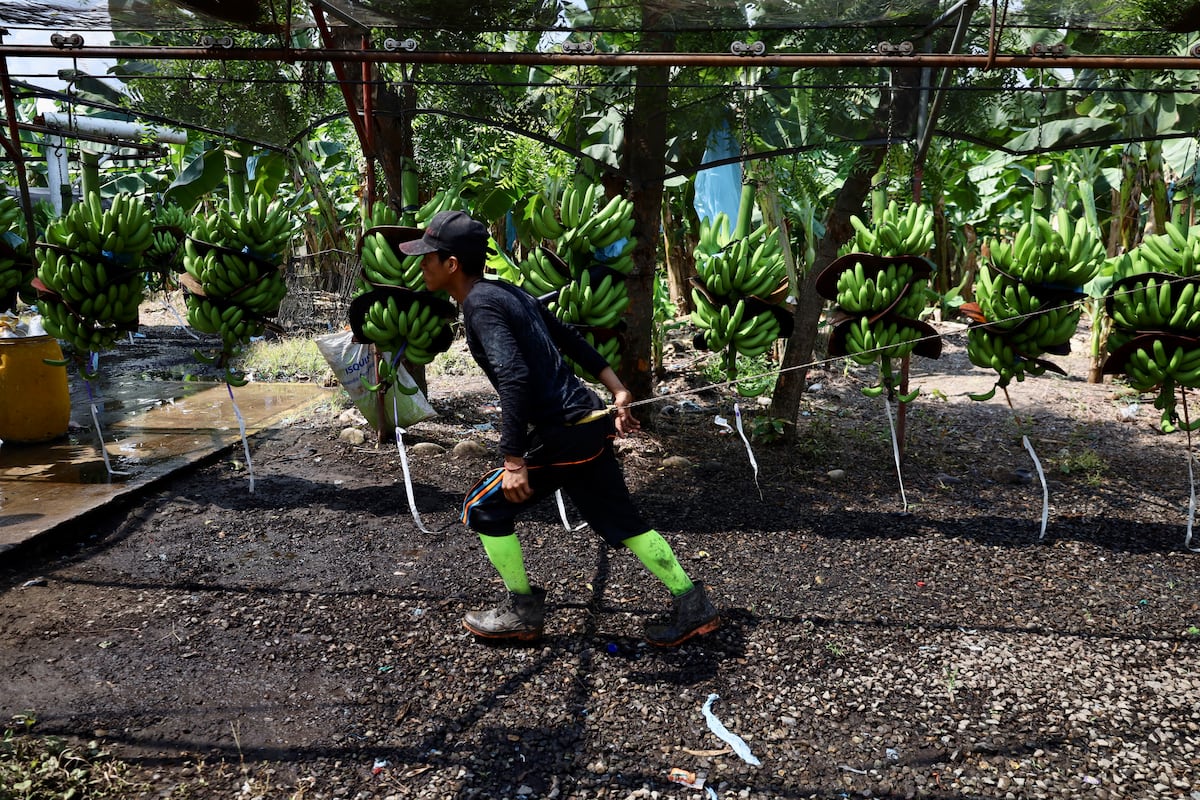
"All of them are Indigenous Q'eqchi' Maya women from the municipality of Coban located in Alta Verapaz, Northern Guatemala and they work on a banana plantation in the Mexican state of Chiapas. All of them found jobs there after hearing an announcement: Get on the truck, you're going to work in Mexico! They weren't forced to come, but they were completely disoriented upon moving countries. In May of 2025, almost a month after their arrival, none of them were exactly sure of where they were."
"Nancy is an Indigenous trans woman. Of all her coworkers, she's the only one who speaks Spanish. Like her, hundreds of Guatemalans work every day on the banana plantations of Chiapas. Many of them are Indigenous, mostly from the Q'eqchi' Maya region that encompasses the Guatemalan departments (states) of Alta Verapaz, Baja Verapaz, Peten and Izabal. Most don't speak a word of Spanish, or they speak very little: it's difficult for them to understand the tasks assigned to them."
Nancy and five coworkers are Indigenous Q'eqchi' Maya women from Coban, Alta Verapaz, Guatemala, who work on a banana plantation in Chiapas, Mexico. They accepted work after an announcement telling them to get on a truck and go to Mexico. They did not face forced migration but experienced disorientation and uncertainty about location, tasks, and pay even weeks after arrival. Nancy is an Indigenous trans woman and the only Spanish speaker among her coworkers. Hundreds of Guatemalans, mostly Q'eqchi' Maya from Alta Verapaz, Baja Verapaz, Peten and Izabal, work daily on Chiapas plantations and most speak little or no Spanish.
Read at english.elpais.com
Unable to calculate read time
Collection
[
|
...
]